Welcome to issue 64 of the Call to Comms!
With the end of TSF’s digital literacy project in northern Syria in partnership with Zoom In Organization, we talked to Roshan, Media, and Zakia, three participants from Afrin, to get their opinions on the training and the new skills they acquired.
Background Context: Challenges in Afrin
Roshan, from Afrin, Syria, is one of the 200 women who participated in the training organized by TSF and Zoom In Organization.
“We can’t say that the Afrin region is small, but rather a large region, especially with the war and inflation.”
Afrin is one of the cities where the digital literacy training took place. Located in the northern part of Syria, Afrin has been faced with several challenges over the past years; the civil war has resulted in instability and increased poverty, and the situation worsened after the February 2023 earthquake.
According to Zoom In, the earthquake revealed the increased need for communication and Internet services, especially in the districts of Afrin and Idlib. Many people could not communicate with the rescue teams rescuing the victims from under the rubble or with the medical teams.
Additionally, in humanitarian settings, women are usually more exposed to threats associated with social exclusion and gender-based violence (GBV).
Through this project, TSF and Zoom In wanted to address the need for better communication and digital literacy skills among women from Afrin and Idlib. Indeed, all the participants are women affected by the earthquake, 85% are young women or adult girls, 10% are students, 35% are at risk of GBV, and 1% have disabilities.
Tackling Challenges Faced by Syrian Women
The training mainly focused on Internet and digital security and protection from electronic blackmail.
“There are many things we did not know, like the use of the safe password for Facebook, the 2-step verification for WhatsApp, how to deal with electronic blackmail, especially in this period when many girls are exposed to electronic blackmail, how to save our privacy and not to open any suspicious links or images,”
explains Roshan.
Indeed, online blackmail, threats, bullying, and harassment are pressing challenges for Syrian women.
“After the wars and the circumstances in which we live, we are often exposed to electronic blackmail,”
asserts Media, a young participant from Afrin.
With the increase in cybercrimes, digital awareness about how to deal with and avoid cyber threats is crucial and, in some cases, life-saving.
“I heard a lot about cases where women were blackmailed and reached the stage of suicide. Through this training, we learned how to deal with any case of blackmail.”
Zakia, a participant from Afrin.
Enabling Change: Reflecting on Progress
With improved digital skills, women are better equipped to pursue employment opportunities requiring online proficiency or handling sensitive information. Digital literacy also increases confidence in engaging in online activities, including communication, education, and accessing resources. Women can even raise awareness in their communities, contributing to enhanced security and resilience.
To watch the testimonies, click on this link.
Thank you for reading. See you next week!






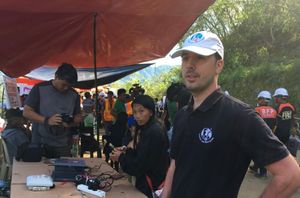
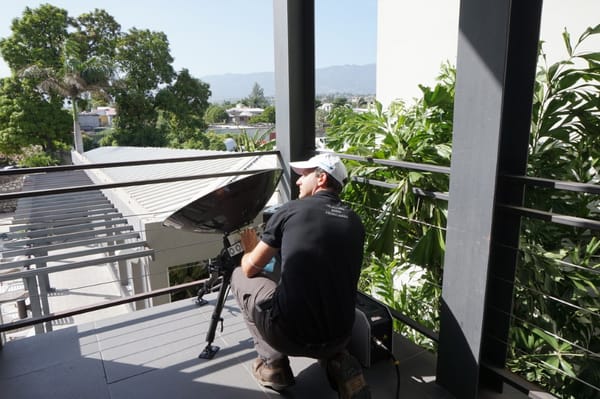
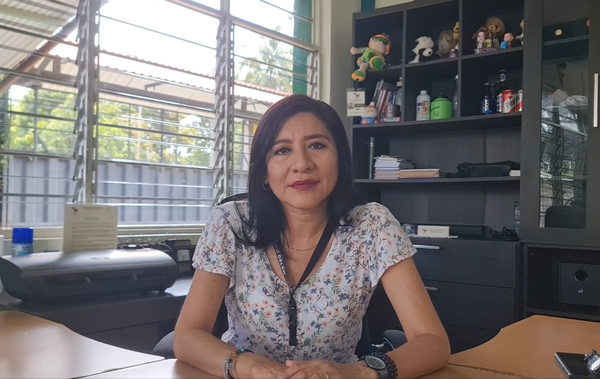
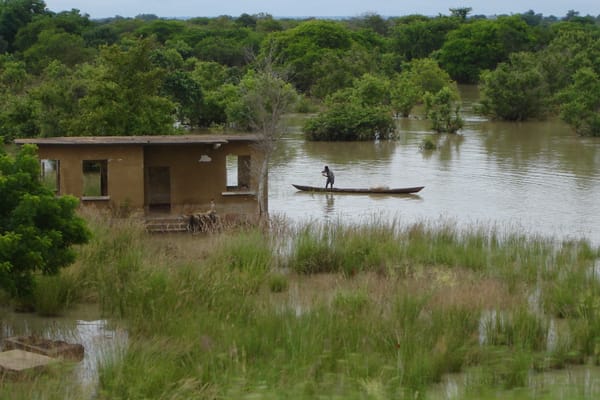
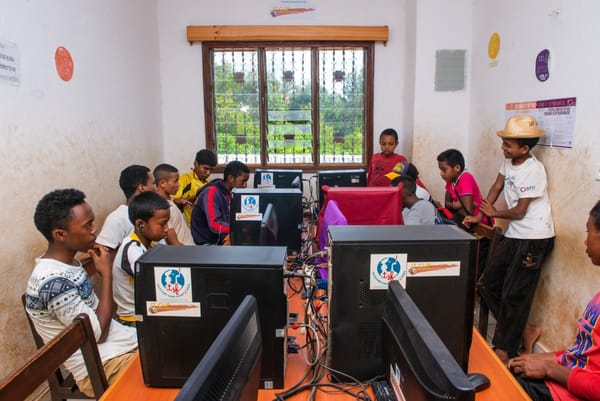
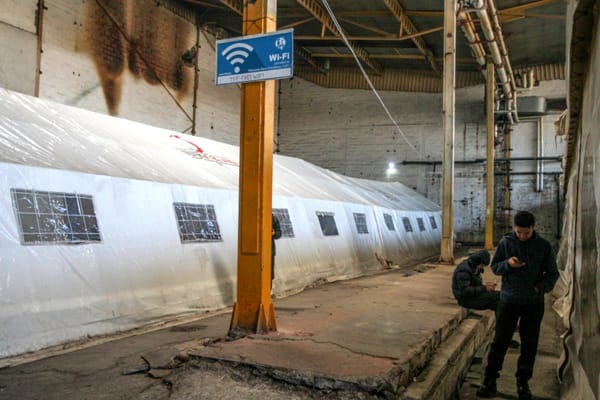
Member discussion